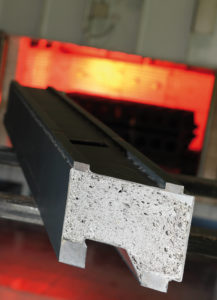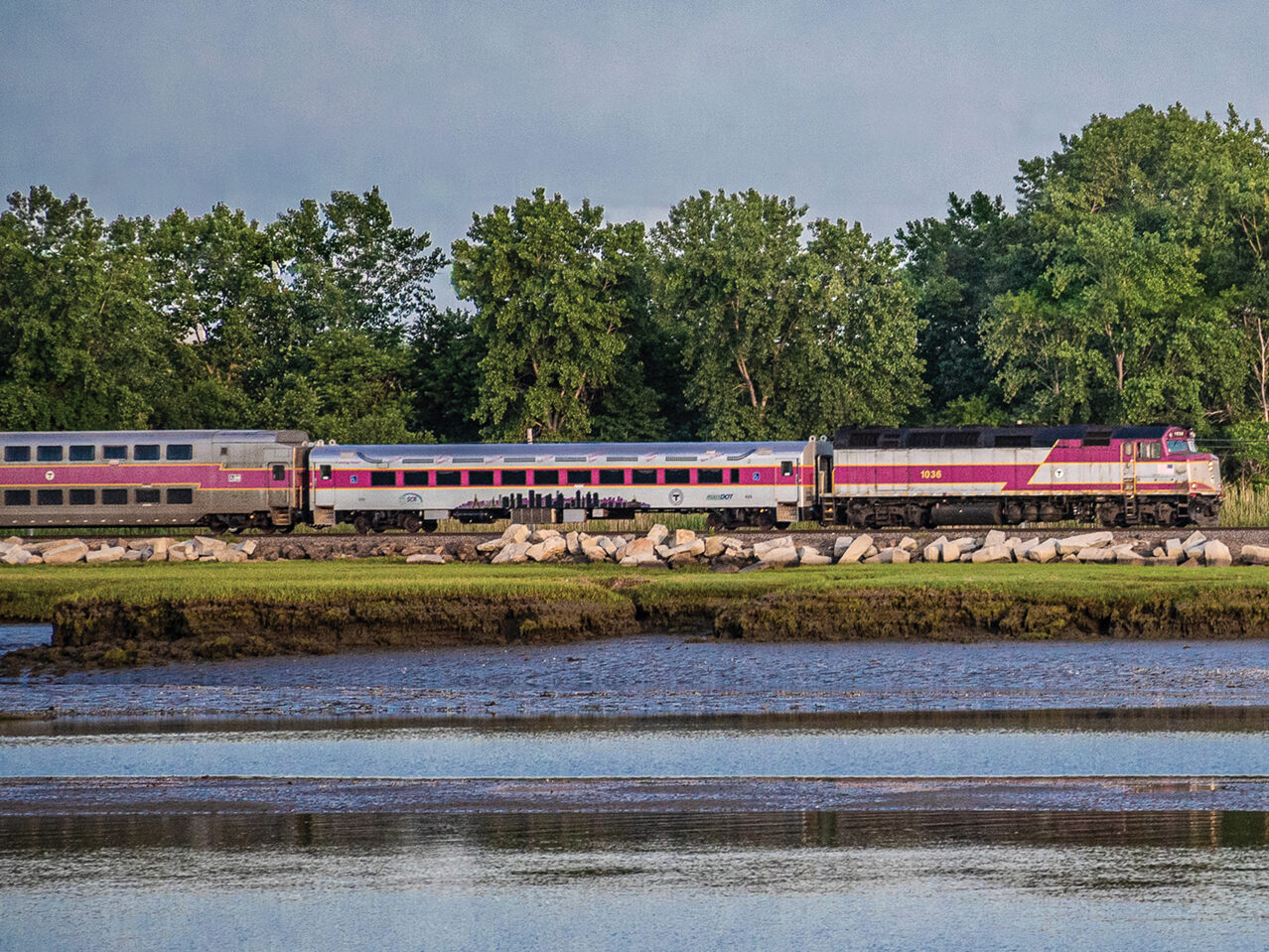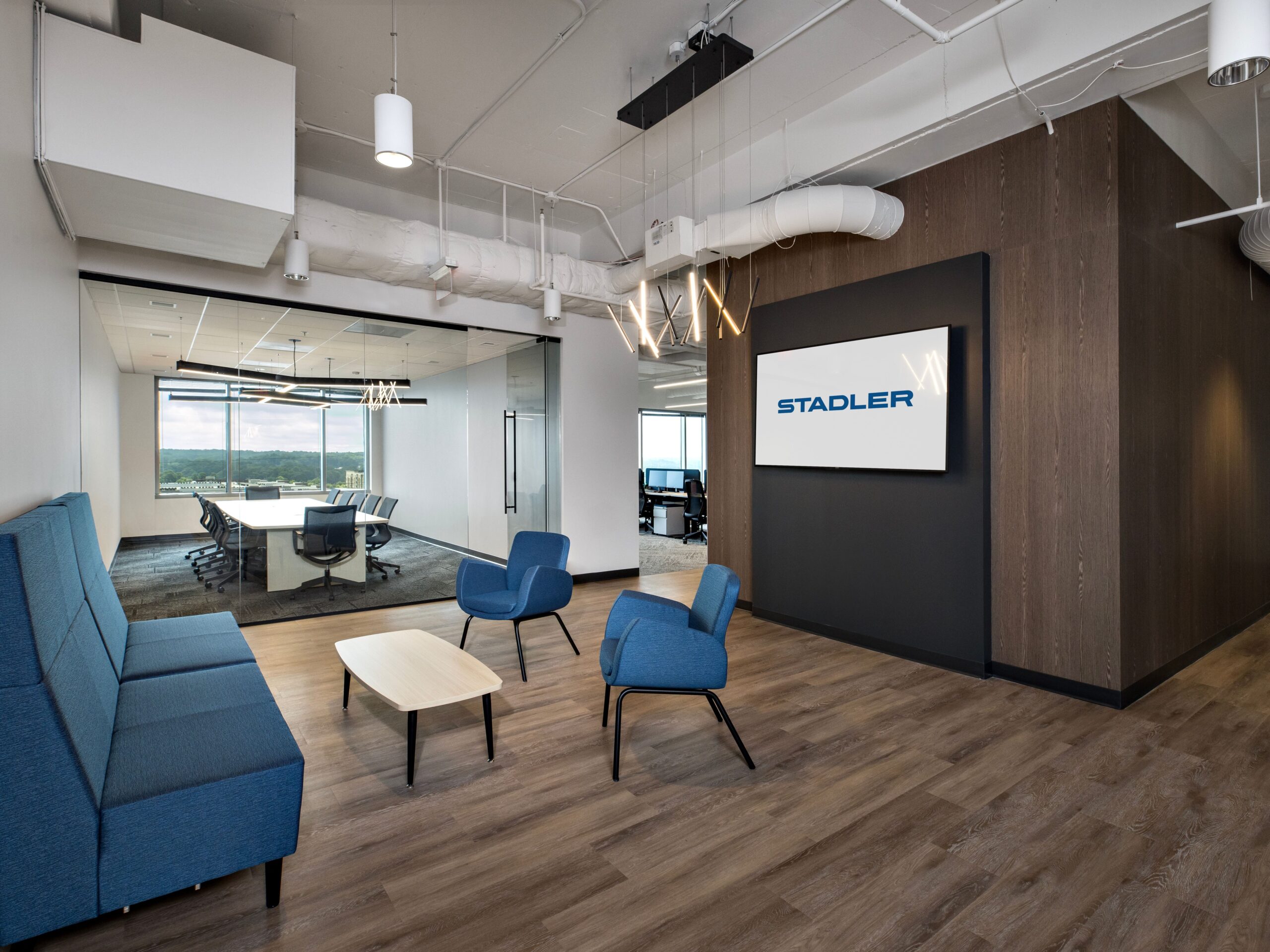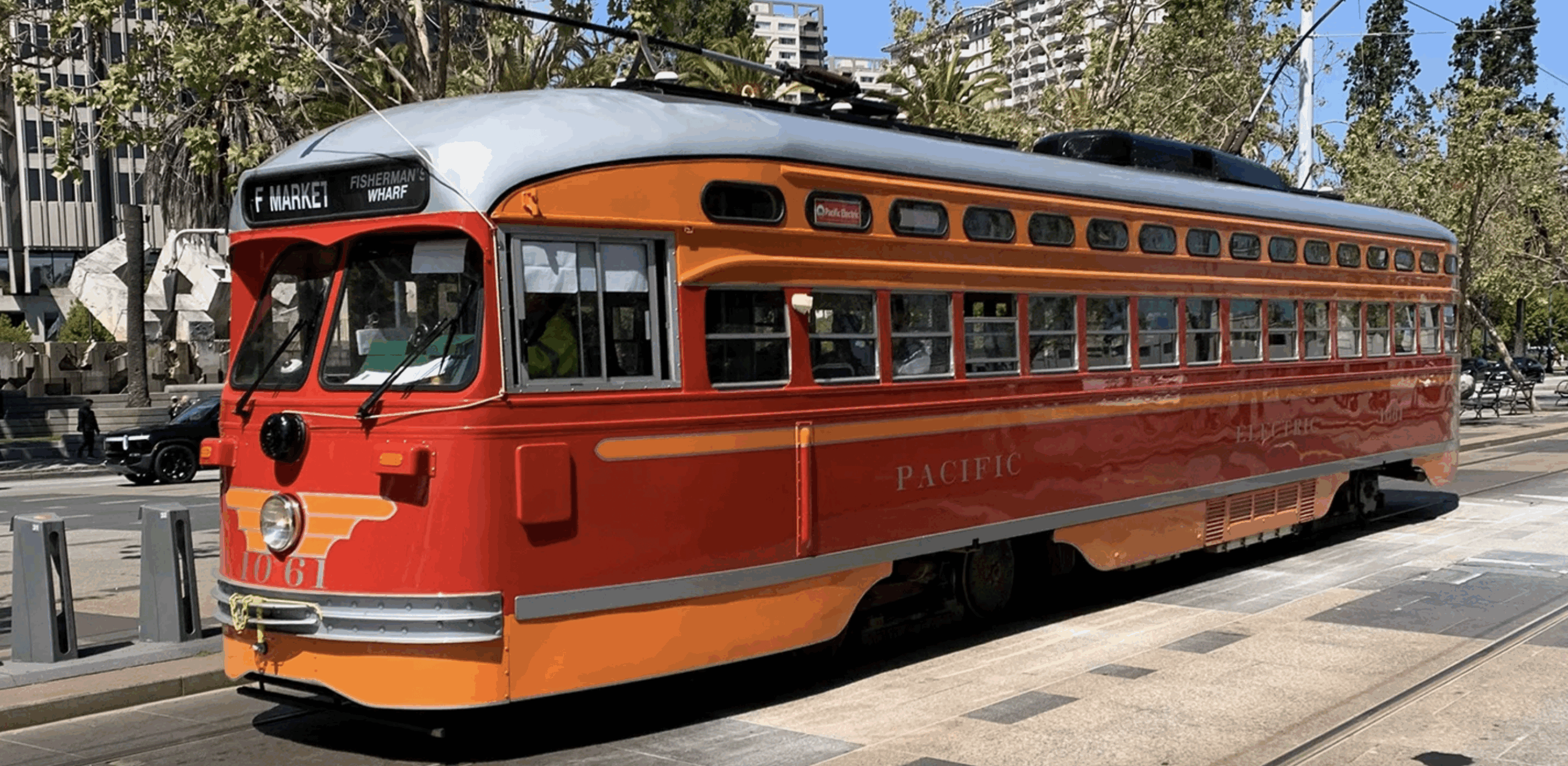The automobile industry has been leading the way. Vehicles have become continuously lighter, more efficient and ecological while remaining affordable and without decreasing in safety and comfort. Growing customer awareness of environmental issues and our responsibility to conserve resources and act sustainably make topics such as electric mobility and the use of high-performance materials crucial for developmental challenges. Automobile manufacturers have implemented what seemed impossible some years ago: they started the serial production of car bodies made of carbon fibre-reinforced plastics (CFRP).

A similar lightweight innovation has been developed by researchers at the Fraunhofer Institute for Machine Tools and Forming Technology IWU Chemnitz, who, in collaboration with Voith Engineering Services, KUKA Systems and MFPA Leipzig, have designed a front cabin for high-speed trains using a new aluminium foam sandwich (AFS) construction method.
Aluminium foam as a sandwich component is nothing new. In 2004, aluminium foam with steel cover sheets were already being used in a machine slide made by Niles-Simmons; it has since gone into serial production. Aluminium foam also has multi-application potential within the construction and shipbuilding industries. However, up to now only even panels have been processed. For the lightweight front cabin in the AFS design the engineers had to develop a material concept that allowed the processing of large, three-dimensional and curved AFS components.
A major advantage of this processing technology is a front cabin whose outer skin is self-carrying. No ribs are necessary for the foundation and substructure. Thus, the process of rib positioning is no longer required. Furthermore, all segments that need to be joined are exposed, which results in an efficient installation process. In comparison to conventional front cabins made of sheet metal or fibre-reinforced plastics, the total weight of the AFS front cabin is reduced by up to 20% – this reduction is the result of omitting the complex substructure. Tool costs are also reduced by up to 60% due to the exclusion of the deep-drawn sheet metal parts.
This AFS technology can be transferred to other areas as well. For example, applications for the railway industry include walls, ceilings and floors, but also stiffening elements for windows.
For more information, please visit Fraunhofer.



















